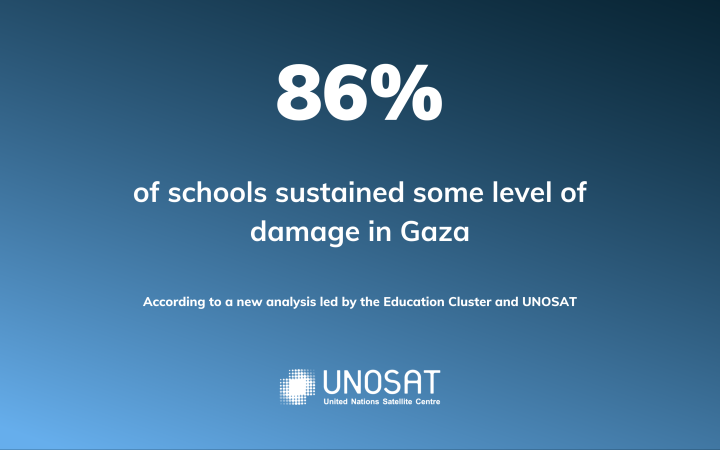During the 7 July 2023 meeting, Dr Tedros Adhanom Ghebreyesus highlighted the Organization’s advancement towards its Three-year Strategy objectives, focusing specifically on its implementation of a victim- and survivor-centred approach, strengthening policies and procedures, safeguarding WHO’s operations, and changing its culture.
Speaking on the victim- and survivor-centred approach, Dr Tedros explained that WHO had provided “comprehensive and holistic support to 115 survivors” in the Democratic Republic of the Congo (DRC) related to the 10th Ebola outbreak. Although 23 of the 115 cases were related to WHO, he underscored the importance of taking care of “everybody the same way,” based on established UN standards. To do this, WHO will work with local NGOs to provide targeted support to the survivors.
To better coordinate support to victims, Dr Tedros said that WHO is creating a new position for a victim and survivor support officer, who will ensure timely survivor support. This officer will work with service providers across WHO, UN and in the field, and collaborate with counterparts in partner agencies and the Office of the Victims’ Rights Advocate. Country focal point trainings are also being developed with UN Victims’ Rights Advocate Jane Connors to further embed the victim- and survivor-centred approach within all of WHO’s in-country operations.
Addressing WHO’s efforts to strengthen its policies and procedures, Dr Tedros highlighted revisions to existing policies on Preventing and Addressing Abusive Conduct and the Code of Ethics, and its development of a new policy against retaliation.
The WHO Director-General also explained that the “biggest remaining risk in our operations [is] the risk of sexual misconduct by our implementing partners.” WHO and its UN partners recently presented a training on the new digital module that works across the UN to harmonize efforts to assess the current capacities of implementing partners to prevent and respond to sexual exploitation and abuse.
Finally, Dr Tedros described WHO’s culture change, explaining how the Organization has delivered webinars and learning courses to thousands of personnel. The Department for the Prevention of and Response to Sexual Misconduct (PRS) continues to host Open Door sessions led by Director Dr Gaya Gamhewage, where participants engage with and ask questions to senior staff from WHO’s PRS, Human Resources, legal and investigations teams. WHO’s PRS learning courses on its OpenWHO.org platform have also had 40 220 enrolments, from within the Organization as well as implementing partners, ministries of health, UN agencies and NGOs.
Additionally, WHO continues its work to ensure individual accountability is enforced.
“In the first six months of this year, we received 48 allegations of sexual misconduct,” explained Dr Tedros. Since the last quarter of 2022, WHO has dismissed seven personnel for misconduct and blacklisted them from being hired in the UN system.”
Regarding the ongoing investigations by the UN’s Office of Internal Oversight Services (OIOS) related to the allegations of sexual exploitation and abuse during the 10th Ebola outbreak in DRC, the Director-General stated “that UN OIOS has issued three full investigation reports to WHO and these are being processed according to our set procedure. WHO provided information, with respect to 16 alleged perpetrators linked to WHO at the time, to DRC national authorities and are collaborating with the local tribunal in Goma, which is overseeing the cases of 13 survivors who are proceeding with legal action using legal aid support provided by WHO.”
Dr Tedros informed Member States about an ongoing review by the Independent Commission (IC) to ascertain the extent to which WHO has implemented recommendations from its report “Review of sexual abuse and exploitation during the response to the 10th Ebola virus disease epidemic” in September 2021. IC review expert, Mr Hervé Gogo, shared some of the review’s preliminary findings with Member States, adding that his report and findings would be handed over to the Director-General once finalized.
Emphasizing the Organization’s desire to remain transparent while tackling sexual misconduct, Dr Tedros concluded, “to take the next steps in our journey, we need to be honest about the challenges we face.”








